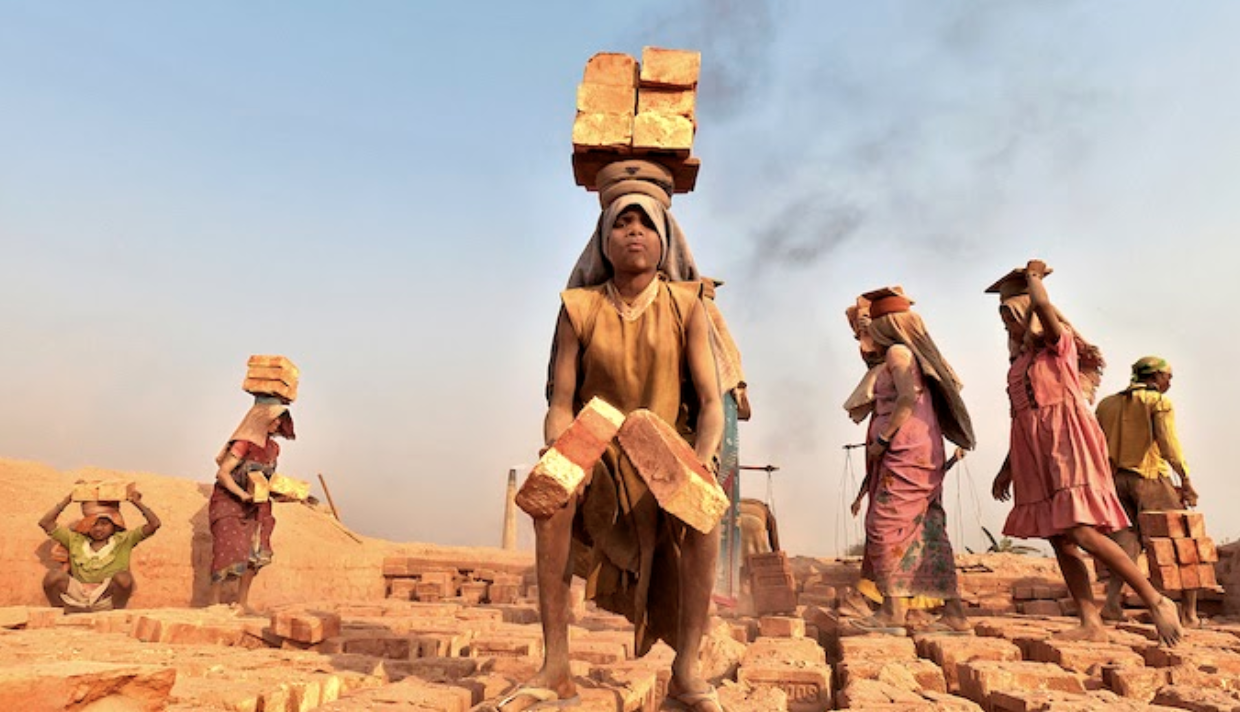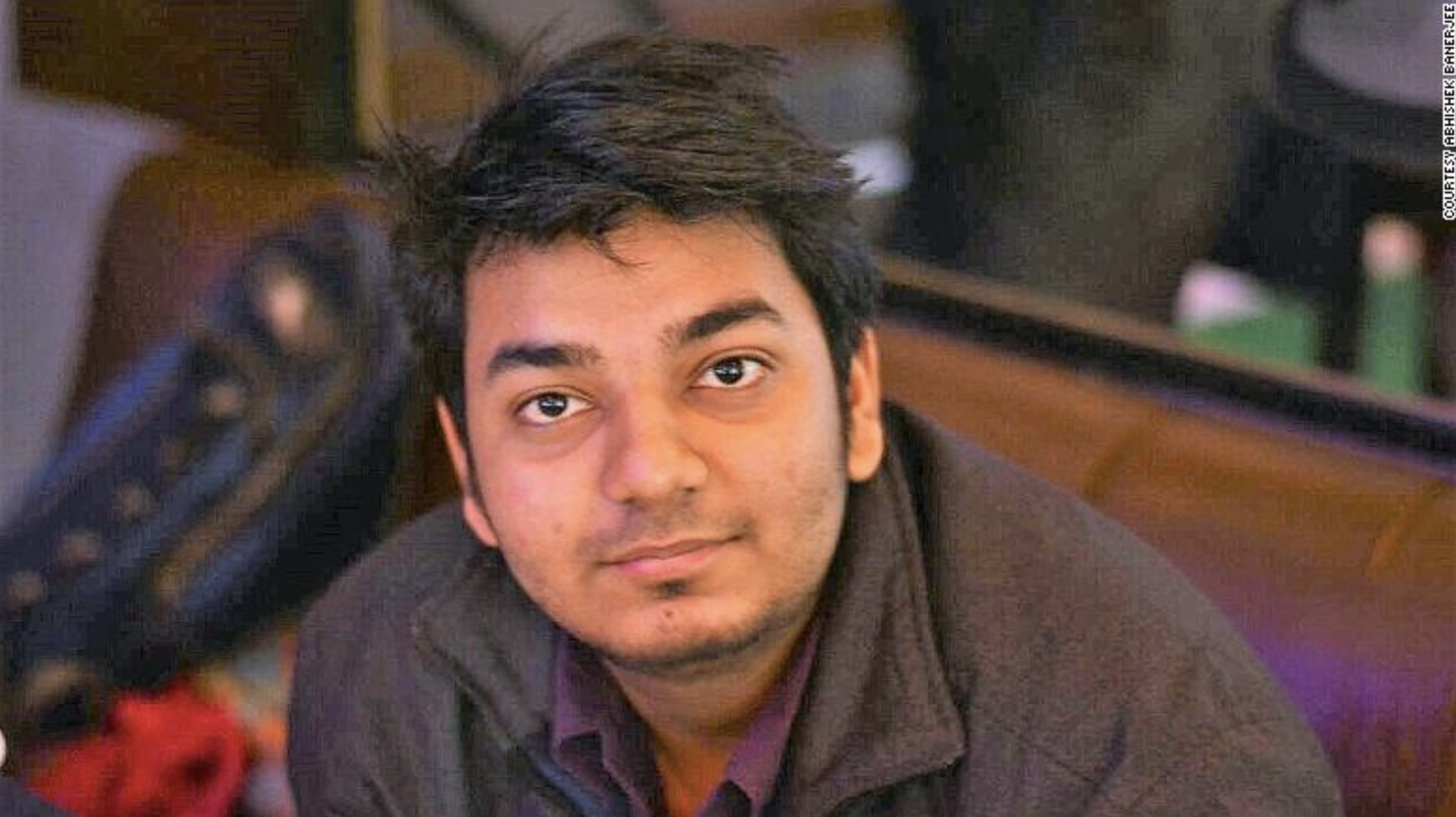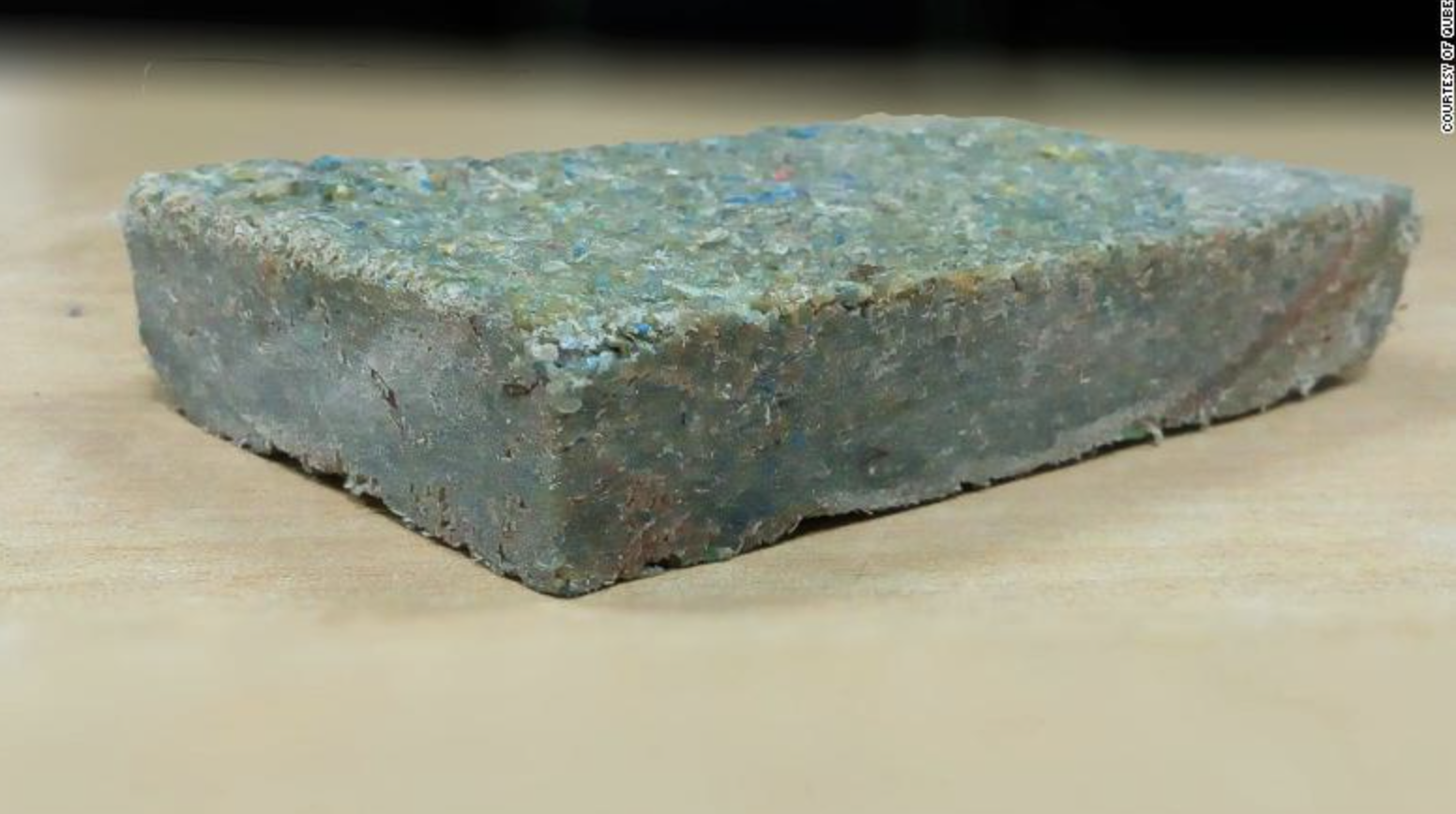
Burnt-clay bricks are among the most popular building materials in India, and the country is their second-largest producer in the world, delivering 200 billion bricks every year. While the brick industry’s rise has increased employment opportunities – the industry is now responsible for around 10 million jobs – it has also made the production a top contributor to air pollution and health problems among workers.
Brick-dust exposure is the greatest threat posed to kiln workers, while other physical and physiological hazards add their own correlative health effects that lead to acute and chronic debilitating diseases. All told, the daily risks of kiln work include outdated kiln technology, which leads to high levels of toxic emissions; long hours on the job, which increase the risk of overexposure to toxicants; and minimal personal protective equipment and education.
Yunus&Youth Fellow Abhishek Banerjee is a 22-year-old Construction Engineering undergraduate student at Jadavpur University in Kolkata, India. During a field trip to the Haroa Brick Kiln in West Bengal, India, he was horrified by the poor conditions faced by the brick kilns workers.

“Here only the number of bricks matter. Each family has to produce a certain number of clay bricks every day, on which they were paid. So it was not uncommon to find the children working there to maximize the income. The kids digging up clay with their bare hands under the scorching heat of the sun was very difficult to witness”, says Abhishek.
Inspired to change the social conditions he saw in this sector, Abhishek took up the challenge of innovation. After countless hours of research, he was also moved by the environmental implications of this industry – burnt-clay brick production is a high-pollution industry employing rudimentary production technologies that consume around 35-40 million tonnes of coal per year.
In 2017, he teamed with Agnimitra Sengupta, Ankan Podder, and Utsav Bhattacharyya to build Qube, a social enterprise that develops Plastiqube, a construction brick made entirely from plastic waste. Their vision now clear, the group was able to successfully develop an environmentally-conscious alternative to burnt-clay bricks.

Why plastic waste? It’s not news that plastic, despite having existed for only 70 years, has unleashed a series of damaging consequences for the world. Abhishek wants to “change the world one brick at a time”; to him, this means addressing both the social and the environmental challenges posed by the brick industry.
Plastiqube is an interlocking brick made from shredded plastic waste that undergoes superheated steam treatment and compaction. It is highly durable, provides thermal and sound protection, and can be made with all grades of plastic. Plastiqube makes construction a lot easier since it can be used in the same manner as Lego pieces, with one brick piling easily atop the other without plasterwork. According to preliminary analysis, Plastiqube’s production cost is 5-6 Indian rupees, compared to 10 Indian rupees for burnt-clay bricks. This results in cheaper and faster construction.
“In the long run, we want to create multiple production units to manufacture Plastiqube, which would provide much better working conditions and employment opportunities for the people working in the brick kilns. In our production units, welfare and safety of the workers would be of utmost importance”, says Abhishek.
Interested in connecting with Abhishek?
Visit www.plastiqube.com or drop an email at plastiqube@gmail.com.
